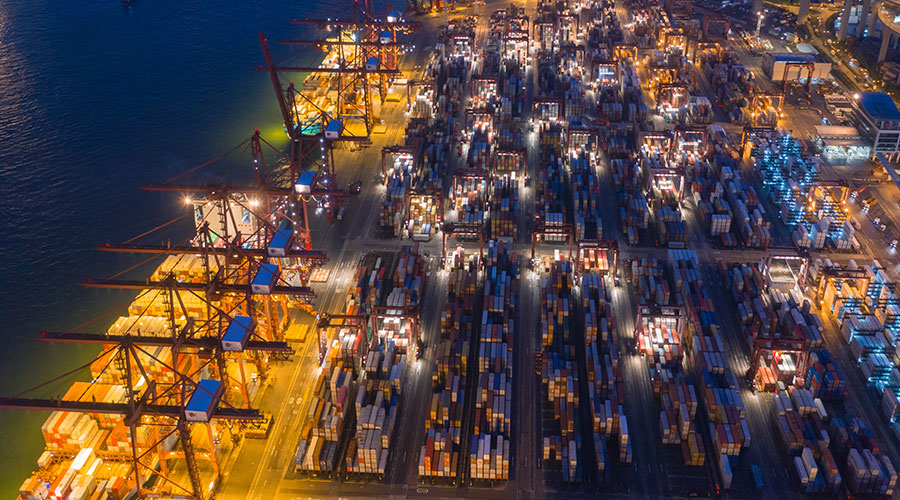

WSC: Port charges in the United States will increase transportation costs and disrupt trade
The World Shipping Council has warned that the United States' imposition of tariffs on ships made in China could increase shipping costs, harm the interests of American exporters and disrupt global trade flows.
The World Shipping Council (WSC) has urged the United States Trade Representative (USTR) to reconsider imposing new port tariffs on ships made in China. Although the Office of the United States Trade Representative stated that its goal is to support the U.S. shipbuilding industry and reduce reliance on foreign construction, the WSC believes that this move may increase transportation costs, harm exporters, and disrupt trade.
One of the main concerns of the committee is that the tariffs will have retroactive effect, including on ships that are already in operation. This approach is not conducive to promoting the future shipbuilding industry based in the United States. Instead, it may disrupt existing trade agreements and shipping plans.
Another problem is how to calculate the tariff cost based on the net tonnage. This might unfairly affect larger and more energy-efficient ships, leading to an increase in the import costs of essential goods such as agricultural products and industrial supplies.
Cosco Group, a Chinese shipping company, has publicly stated that tariffs undermine fair competition and threaten the stability of global shipping. Industry experts also warn that this could lead to disruptions in the supply chain, extended transportation times and rising costs of daily necessities.
The WSC has not imposed tariffs across the board. Instead, it is promoting a wiser strategy to strengthen the US shipping industry. These measures include providing targeted investment to shipbuilding enterprises, upgrading port facilities, and improving supervision to attract innovation and private funds. They say that these solutions can build a strong US shipping industry without harming the interests of consumers or exporters.
The World Shipping Council (WSC) has urged the United States Trade Representative (USTR) to reconsider imposing new port tariffs on ships made in China. Although the Office of the United States Trade Representative stated that its goal is to support the U.S. shipbuilding industry and reduce reliance on foreign construction, the WSC believes that this move may increase transportation costs, harm exporters, and disrupt trade.
One of the main concerns of the committee is that the tariffs will have retroactive effect, including on ships that are already in operation. This approach is not conducive to promoting the future shipbuilding industry based in the United States. Instead, it may disrupt existing trade agreements and shipping plans.
Another problem is how to calculate the tariff cost based on the net tonnage. This might unfairly affect larger and more energy-efficient ships, leading to an increase in the import costs of essential goods such as agricultural products and industrial supplies.

Cosco Group, a Chinese shipping company, has publicly stated that tariffs undermine fair competition and threaten the stability of global shipping. Industry experts also warn that this could lead to disruptions in the supply chain, extended transportation times and rising costs of daily necessities.
The WSC has not imposed tariffs across the board. Instead, it is promoting a wiser strategy to strengthen the US shipping industry. These measures include providing targeted investment to shipbuilding enterprises, upgrading port facilities, and improving supervision to attract innovation and private funds. They say that these solutions can build a strong US shipping industry without harming the interests of consumers or exporters.





